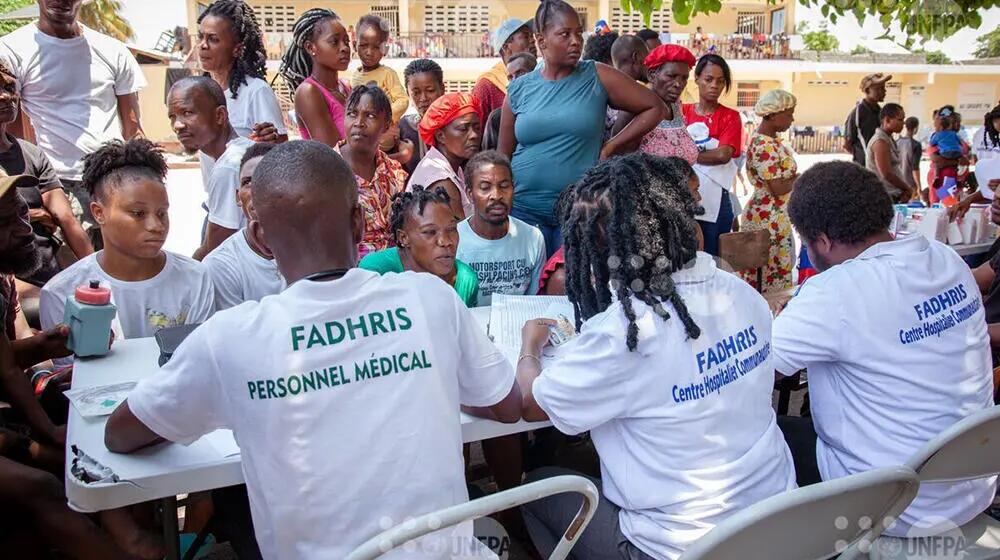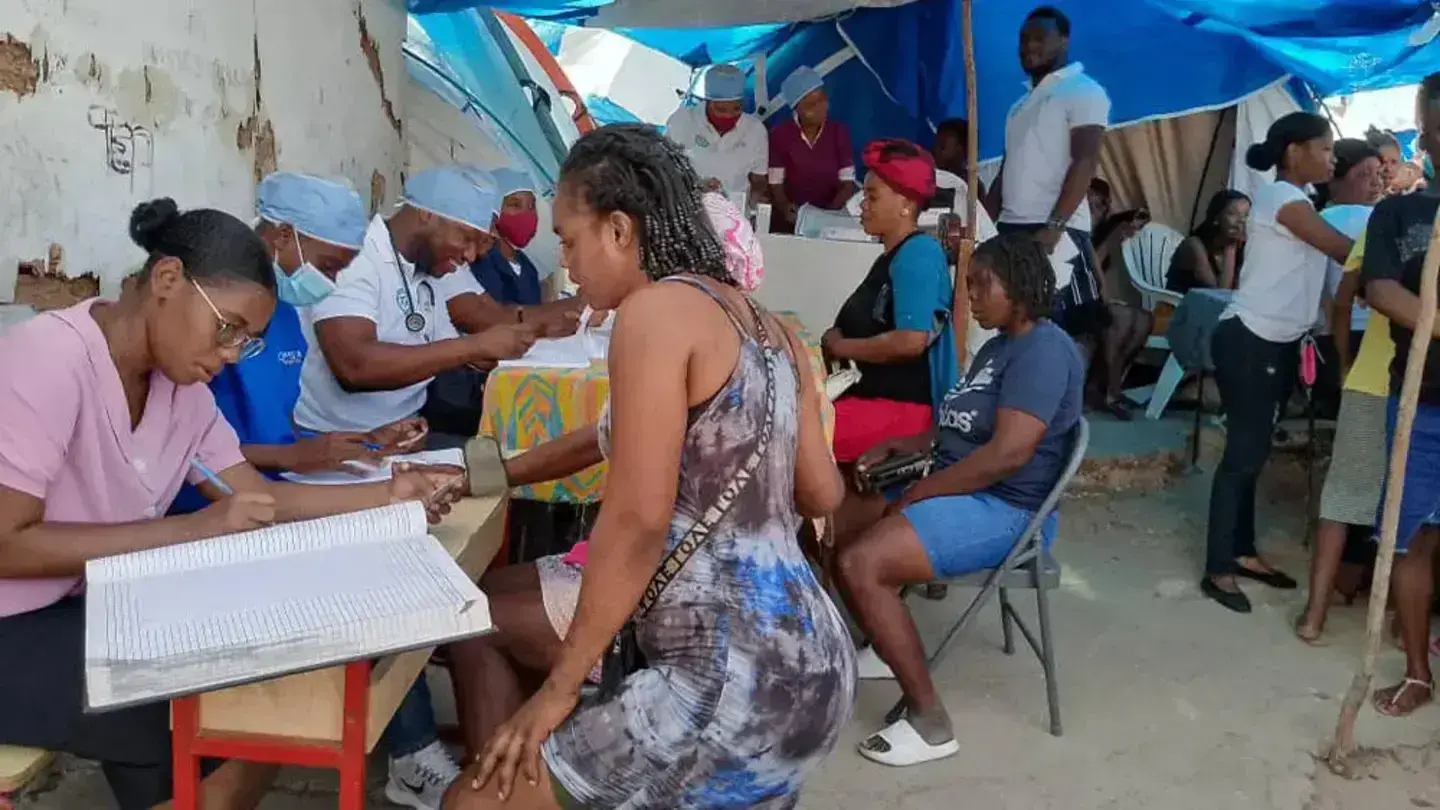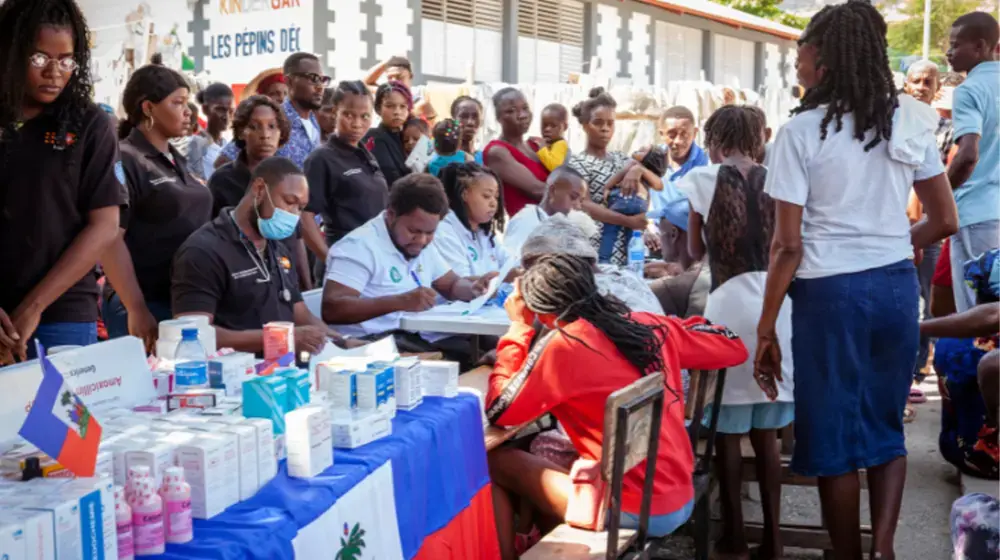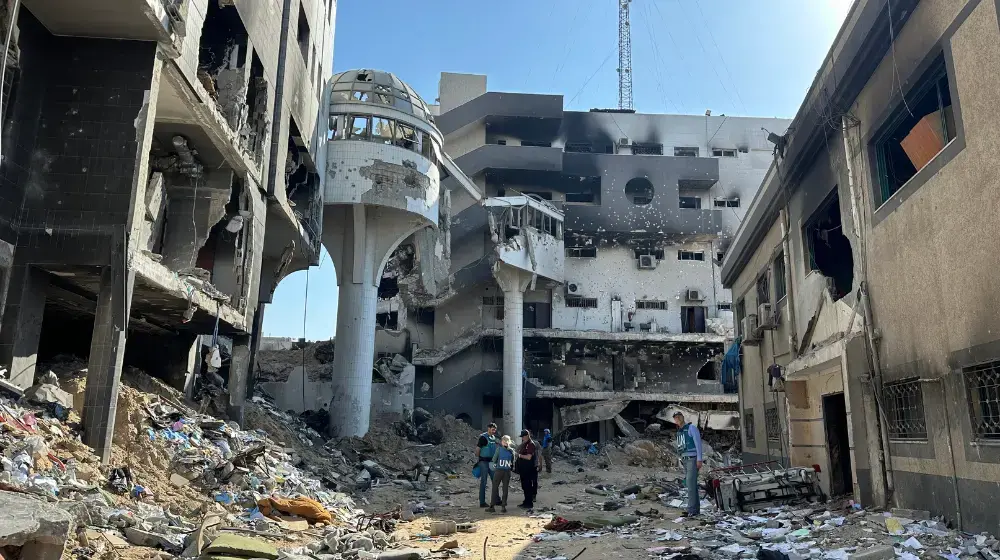Port-au-Prince, September 9, 2024 --- The humanitarian crisis in Haiti, exacerbated by gang violence and political instability, has plunged millions of people into a desperate situation. Among the most vulnerable are women and girls, who bear the brunt of this chaos and urgently require a targeted humanitarian response. Since the beginning of 2024, the situation has continued to deteriorate, with a rise in criminal incidents, including kidnappings, looting, and sexual violence.
"Women and girls in Haiti are caught in a cycle of violence and displacement that threatens not only their physical well-being but also their dignity and future," says the UNFPA Representation in Haiti. The organization, together with its partners, has redoubled its efforts to address this alarming situation, focusing on protecting women's rights and providing access to sexual and reproductive health (SRH) services.
Essential Services at the Heart of the Emergency
Between July 1 and August 12, 2024, UNFPA intensified its interventions in the hardest-hit areas, particularly in the metropolitan zone of Port-au-Prince, where forced displacement has reached new heights. More than 185,000 people are displaced, most of them living in temporary shelters. The situation for women and girls is particularly critical, as they face precarious living conditions with limited access to basic services such as water, sanitation, and healthcare.
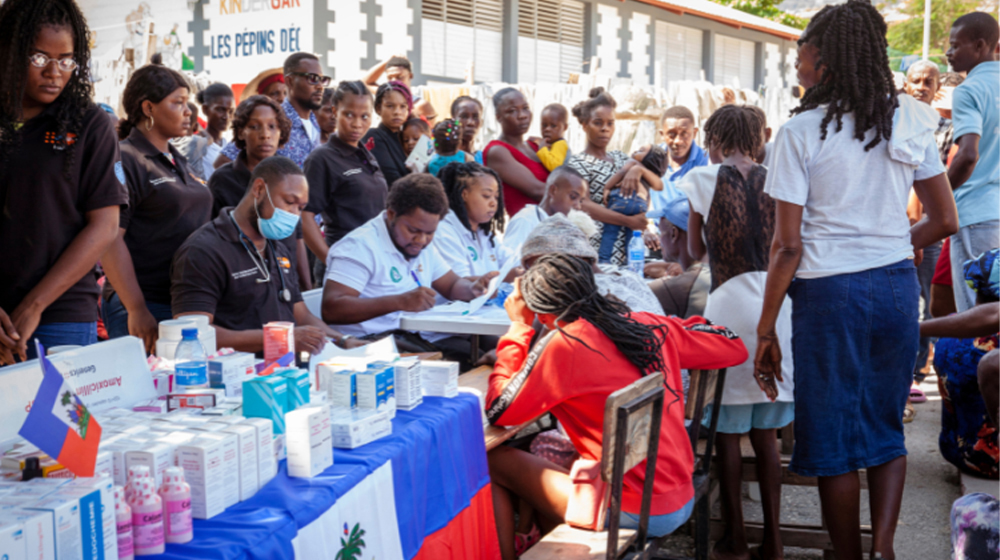
To meet these urgent needs, UNFPA distributed 1,610 dignity kits containing basic hygiene items to displaced women and girls in several sites, including Lycée Jean Marie Vincent and the Église Pentecôte des Frères-Unis. Additionally, mobile teams were deployed to offer sexual and reproductive health services, as well as safe spaces for women and girls to receive psychosocial support and participate in social and recreational activities.
The Impact of Gender-Based Violence: A Silent Emergency
The increase in cases of gender-based violence (GBV) is another tragic dimension of this crisis. Between March and May 2024, the number of reported cases increased by 40%, an alarming statistic that underscores the gravity of the situation. To address this reality, UNFPA conducted a rapid GBV assessment in 14 new displacement sites to better understand the needs of women and girls and adapt the humanitarian response accordingly.
"It is crucial that the international community continues to support efforts to protect women and girls in Haiti," says Christian Vovi, UNFPA Humanitarian Coordinator. The agency's interventions also include raising community awareness about the services available to GBV survivors, reaching more than 3,000 people during the reporting period.
A Call to Action and Funding
The scale of the crisis requires massive financial support to meet the growing needs. UNFPA has launched a $28 million appeal to strengthen and expand access to essential services for women and girls in Haiti in 2024. However, by mid-2024, only 19% of the necessary funds had been mobilized, amounting to approximately $5.4 million.
"Haitian women and girls cannot wait. Every day that passes without an adequate response jeopardizes their health, safety, and future," says UNFPA Representation. As the situation continues to deteriorate, international engagement must be strengthened to avoid an even greater humanitarian catastrophe.
Despite the challenges, UNFPA remains determined to continue its work in Haiti, hoping that the necessary resources will be made available to support this critical effort. The situation of women and girls in this prolonged crisis is a test of global solidarity towards the most vulnerable.
Moïse Alex Docteur
Communications consultant

